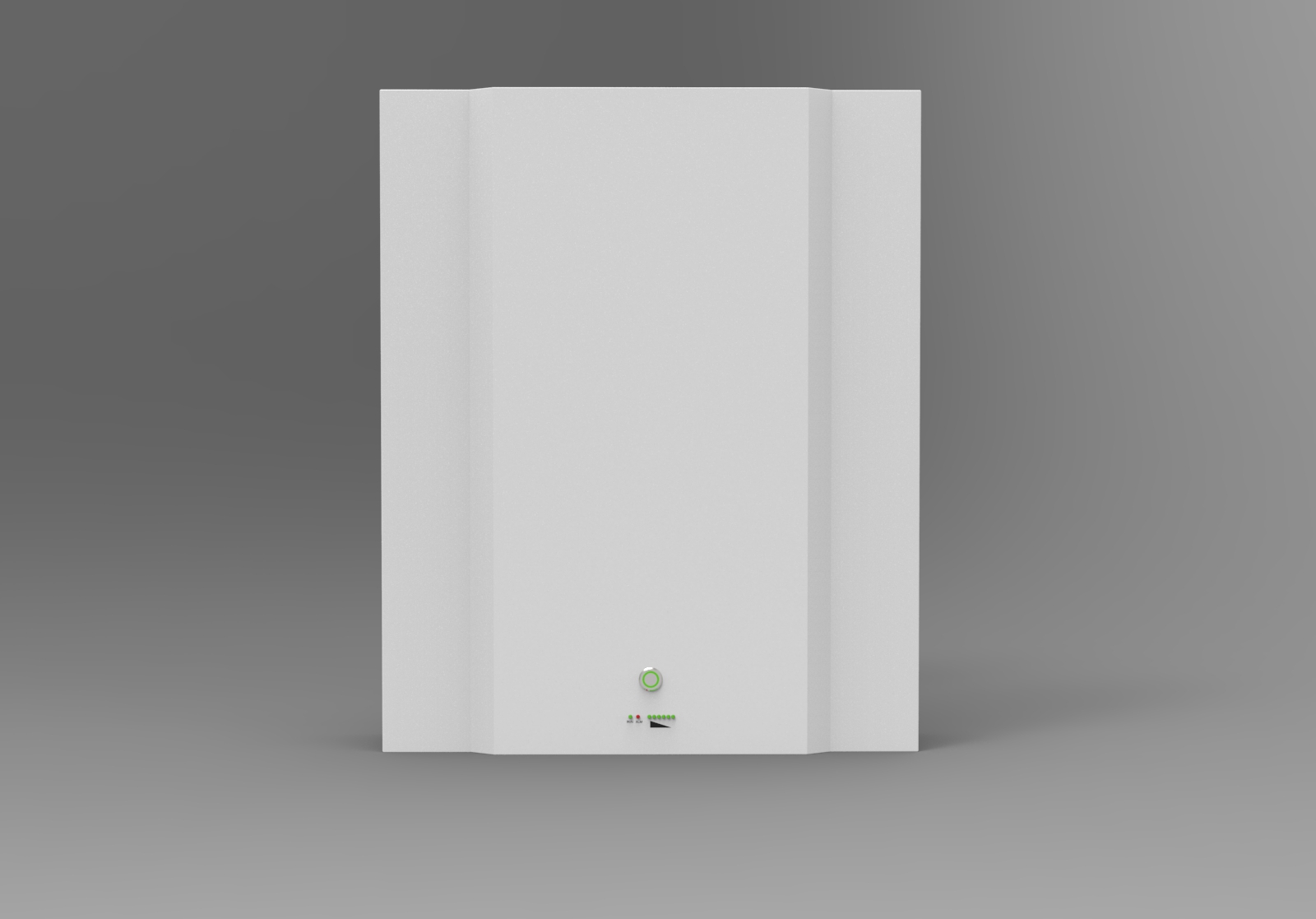Solar Panel Batteries Life: How Often Do You Need to Replace?
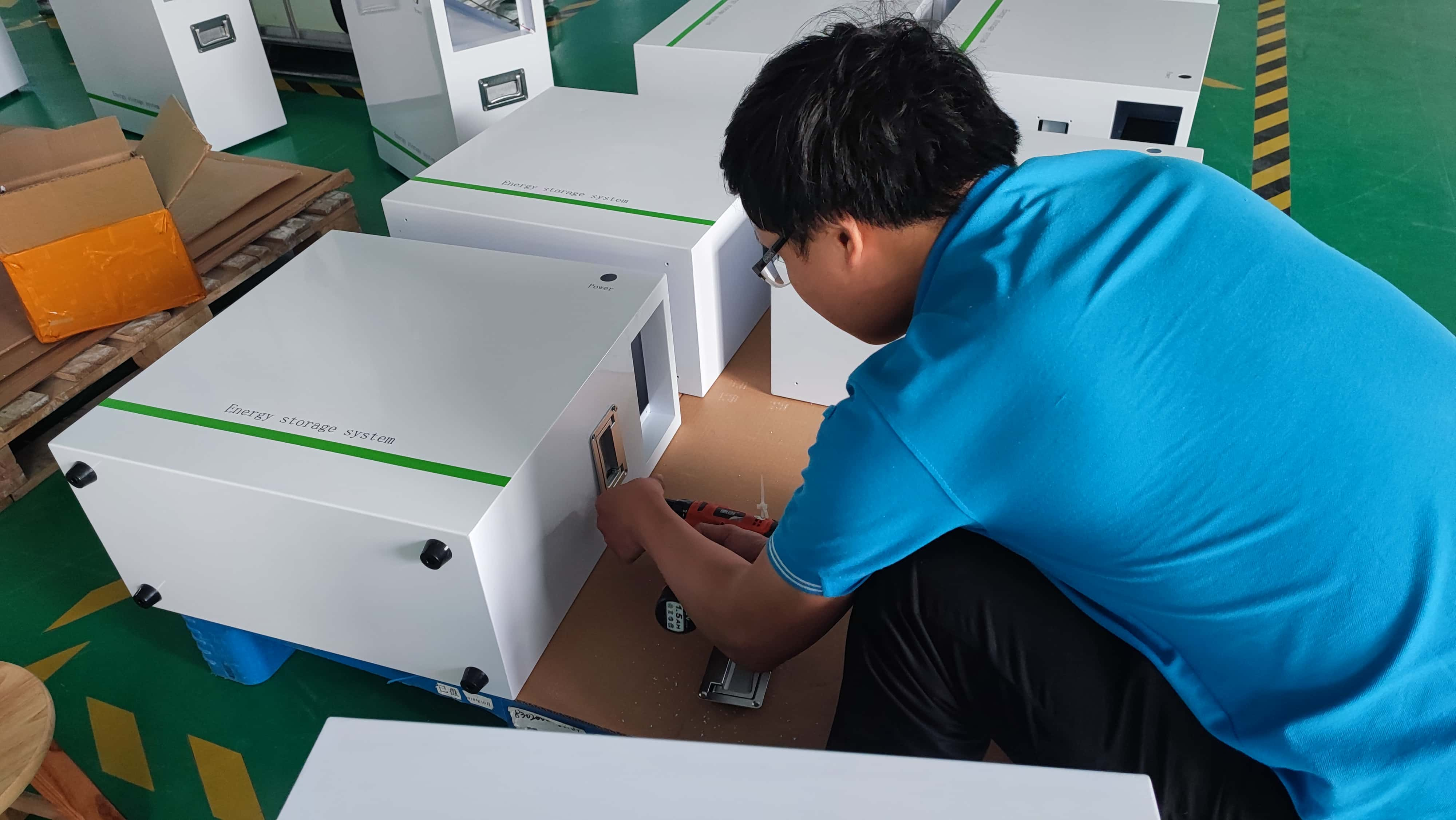
Solar panel batteries are like a car's engine - they need regular maintenance to run smoothly and efficiently. As the solar energy industry continues to expand, it's important for homeowners to understand how often their solar battery needs to be replaced in order to keep up with the latest technology advancements. Replacing your solar panel battery can feel like an overwhelming task, but by understanding exactly what you're dealing with, you'll have the confidence and control necessary to tackle the job.
In this article, I will provide readers with expert advice on when and why they should replace their solar panel batteries. Knowing when to upgrade your system is essential as new technologies are constantly being introduced that require more powerful batteries for maximum efficiency.
From examining factors such as weather conditions and household usage patterns, I will explain how you can determine if it’s time for a replacement. Additionally, I will provide practical tips on how best to maintain your current setup so that you don't have unexpected surprises down the line.
By reading through this article carefully and taking into account my professional tips and tricks, you will be able to confidently make informed decisions about replacing or maintaining your solar panel battery based on your particular situation.
Definition Of Solar Panel Batteries
Solar panel batteries are an important component of any solar-powered system. They provide the energy storage needed when converting photovoltaic cells into usable electricity. The solar modules generate direct current (DC) power and then store it in a battery for later use. Batteries used in solar systems come in various sizes and types, but most are deep-cycle lead acid or lithium ion designs.
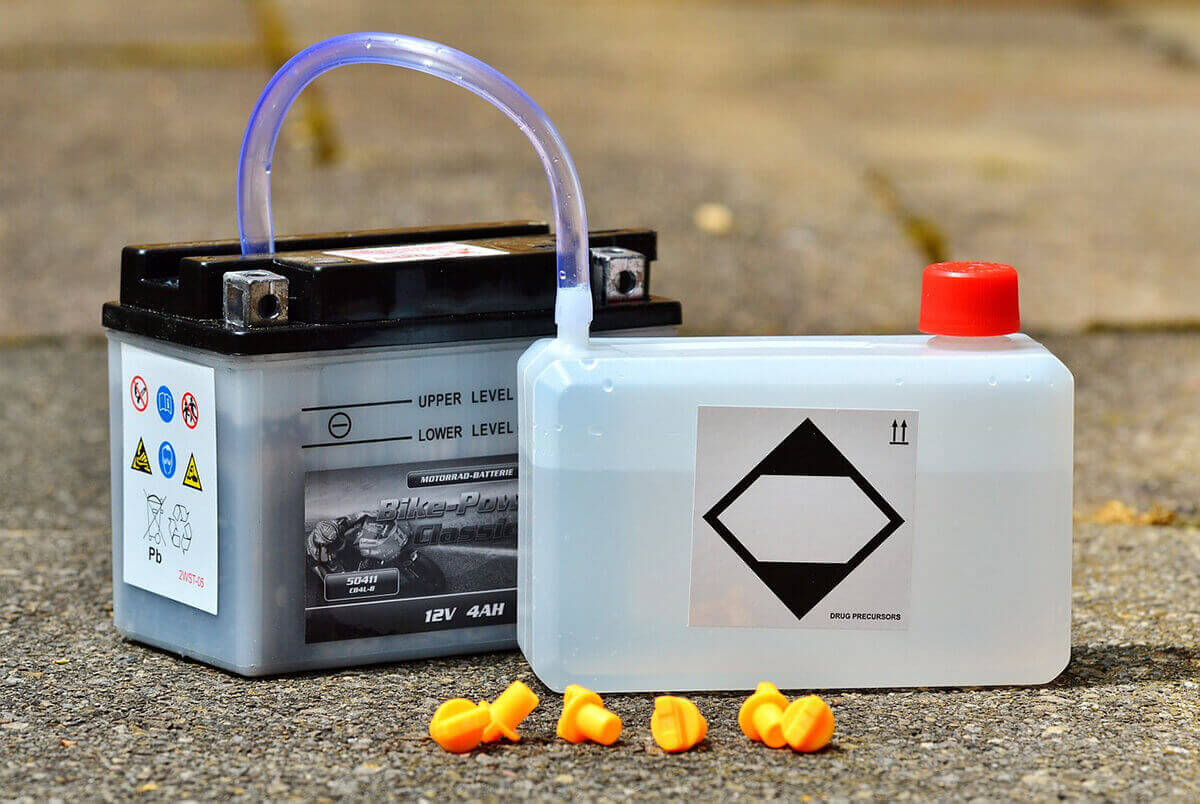
Lead acid batteries are generally considered to be the best choice for long-term energy storage due to their relatively low cost and high durability. However, they require regular maintenance as part of their life cycle, such as topping off electrolyte levels and cleaning terminals. Lithium ion batteries offer higher efficiency and longer lifespans than lead acid models; however, they can be more expensive upfront costs and may need special handling for optimal performance.
In either case, having good quality components is essential when setting up your solar system's battery bank—it will help ensure you get reliable operation over time that meets your needs while also providing efficient power storage capabilities. With proper care and attention, these versatile devices can help make your home or business run smoothly on renewable energy sources!
Types Of Solar Panel Batteries
When it comes to powering our homes with renewable energy, solar panel batteries are essential. They store the power generated by the sun so that it can be used when needed. There are several different types of solar panel batteries available, each offering its own advantages and disadvantages.
The most common type of battery is lithium-ion. It has a long life span, low maintenance requirements, and high-efficiency levels, making it an ideal choice for many applications. However, they are also expensive and require special care during storage and use.
Lead-acid batteries have been around for decades but still, remain popular due to their affordability and good performance in extreme temperatures or under heavy loads. The downside is that they need frequent maintenance and don’t last as long as other options.
Nickel-cadmium (NiCd) and nickel-metal-hydride (NiMH) batteries offer excellent performance in terms of capacity and discharge rate while providing better longevity than lead-acid cells. They tend to be slightly more expensive than other types but their benefits may outweigh this cost depending on your needs.
Finally, vanadium redox flow batteries provide superior scalability compared to any other option on the market today; however, these units come with a hefty price tag that might not fit within everyone's budget range. Taking all factors into consideration will help you decide which type of battery best suits your needs.
Factors Affecting Battery Life
Replacing solar panel batteries is not an exact science. The life of a battery depends on many factors, including temperature fluctuations, sunlight intensity, battery capacity, energy consumption and charging cycles.
To get the most out of your solar panel system, it's important to understand how these factors affect battery life:
(1) Temperature Fluctuations
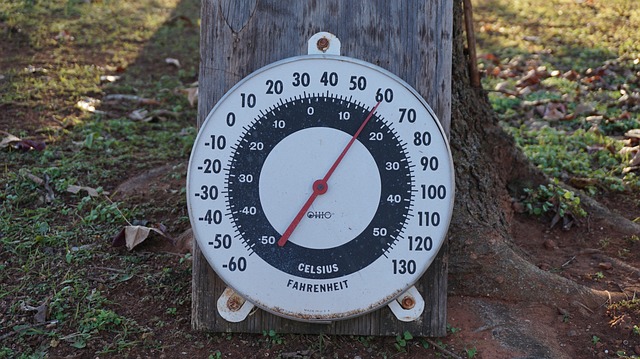
High temperatures can reduce the efficiency of a battery and cause increased self-discharge. Therefore, if you live in an area with extreme heat or cold weather conditions, you may need to replace your batteries more often than normal.
(2) Sunlight Intensity
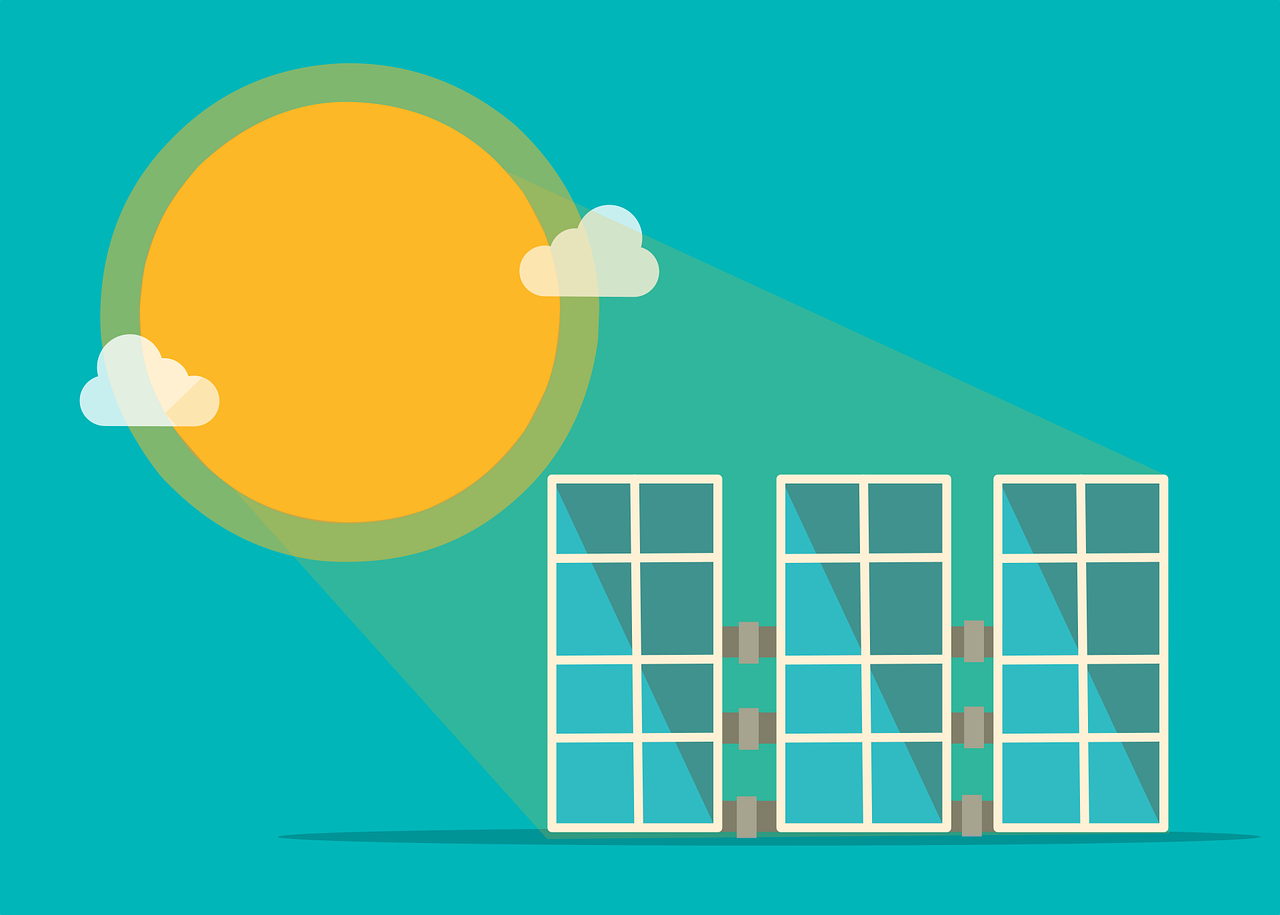
Higher levels of sunlight can increase the rate at which a battery degrades over time. This means that if you’re located in an area with particularly intense sunshine patterns, you should expect to replace your batteries sooner than usual.
(3) Battery Capacity
Larger batteries offer greater storage capacity but also have shorter lifespans due to their size and weight. If you're using larger batteries for your system then they will need to be replaced more frequently.
(4) Energy Consumption
Regularly drawing large amounts of power from your solar panel system can shorten its lifespan by up to 10%. To ensure longer-lasting performance it’s best practice to monitor usage and use only what’s necessary when possible.
(5) Charging Cycles
A cycle is counted each time a battery is fully charged and discharged again; meaning that frequent discharging during low-sun periods can lead to reduced overall performance and accelerated wear & tear on the cells themselves - therefore reducing its life expectancy significantly faster than expected! It is recommended that charge cycles are kept within reason in order to maximize the longevity of your system as much as possible.
Overall, there isn't one single answer as to how often solar panel batteries need replacing - it all depends on various different variables such as those above combined with individual usage practices specific to each user/system setup. However, understanding these key aspects helps empower users so they can make better decisions about their solar panel systems for long-term sustainable success!
Signs Of Wear And Tear
When it comes to recognizing signs of wear and tear on solar panel batteries, there are several key indicators you should look out for. The most common signs include:
| Indicator | Description |
|---|---|
| Battery Wear | Check the casing and terminals of your battery for corrosion or visible damage. This can indicate that the internal components may need replacing. |
| Solar Panel Damage | Look at the panels themselves for any discoloration or residue buildup. This may mean that some part of the system is not operating as efficiently as before. |
| Voltage Drops | Monitor voltage levels in your batteries over time - if they start to dip suddenly, this could be a sign that something needs attention from an expert technician. |
| Corroded Terminals | Check all connecting points between the battery and other parts of the system for rust or corrosion; this could lead to power output decreases if left unresolved. |
In summary, these are just some of the warning signs which indicate that your solar panel batteries may be failing and need to be repaired or replaced as soon as possible. Keep an eye out for any issues with your battery's performance, and consider getting professional help sooner rather than later if required!
Maintenance And Care Tips
Solar panel batteries are an essential component of any solar energy system, and they should be regularly maintained in order to ensure longevity. With proper maintenance, your battery can last up to 10 years or more. To keep your battery running at peak performance, it is important to follow some basic maintenance and care tips.
First, you should clean the surface of the solar panels on a regular basis with a soft cloth and mild soap solution. This will help remove dirt and debris that could potentially block sunlight from reaching the cells, reducing their efficiency. You should also inspect the connection points for signs of corrosion or other damage, as this can affect how well the battery charges.
When charging your battery, make sure to follow all manufacturer instructions carefully. Ensure that correct voltage levels are applied so as not to overcharge or undercharge the battery. It's also important to store the battery properly when it’s not being used; avoid high temperatures, moisture buildup, and direct sunlight whenever possible.
Finally, if you suspect there may be something wrong with your battery, there are several testing methods available that can help identify issues early on and prevent costly repairs down the road.
By following these simple steps for maintaining and caring for your solar panel batteries, you can expect longer life expectancy from them while ensuring optimal performance throughout their lifetime and avoiding any costly repairs or replacement.
Benefits Of Regular Replacement

Regular replacement of solar panel batteries can have a range of benefits.
Firstly, it helps to extend the life cycle of the lithium battery as regular maintenance ensures that any potential problems or faults with the battery are identified and rectified early on, thus avoiding costly repairs down the line.
Secondly, replacing your batteries regularly also improves their efficiency you may find yourself using less energy than before due to improved performance from the new battery.
Thirdly, cost savings can be made by opting for regular replacements instead of waiting until your current battery fails entirely; this means you will benefit from lower repair bills and fewer emergencies where an expensive replacement is required.
Lastly, there’s an additional environmental benefit too: if you replace old batteries with newer models which use renewable energy sources such as wind or solar power then not only does this reduce your carbon footprint but it reduces our dependence on fossil fuels as well.
In short, when it comes to solar panel batteries, regular replacement offers many advantages in terms of both practicality and sustainability.
Cost Considerations For Replacing Batteries
Replacing solar panel batteries isn't always cheap. The cost of a new battery depends on the size, type, and brand of the replacement battery. Generally speaking, the bigger the battery, the more expensive it will be to replace. One way to save money is by checking for warranties or special deals offered by retailers.
When replacing your solar panel batteries, make sure you factor in their estimated lifespan as well. While most high-quality batteries can last up to 10 years with proper maintenance, some may need to be replaced sooner due to age and usage. Knowing when to expect a replacement can help you budget appropriately and prepare for any unexpected costs associated with battery replacements.
It's important to consider all aspects of replacing solar panel batteries before making an investment decision - from knowing what kind of battery you need and how much it will cost, to understanding its expected lifespan and warranty details. By taking all these factors into account, you'll have peace of mind that you're getting the best value for your money when it comes time to invest in a replacement battery for your solar panels.
Pros And Cons Of DIY Replacement
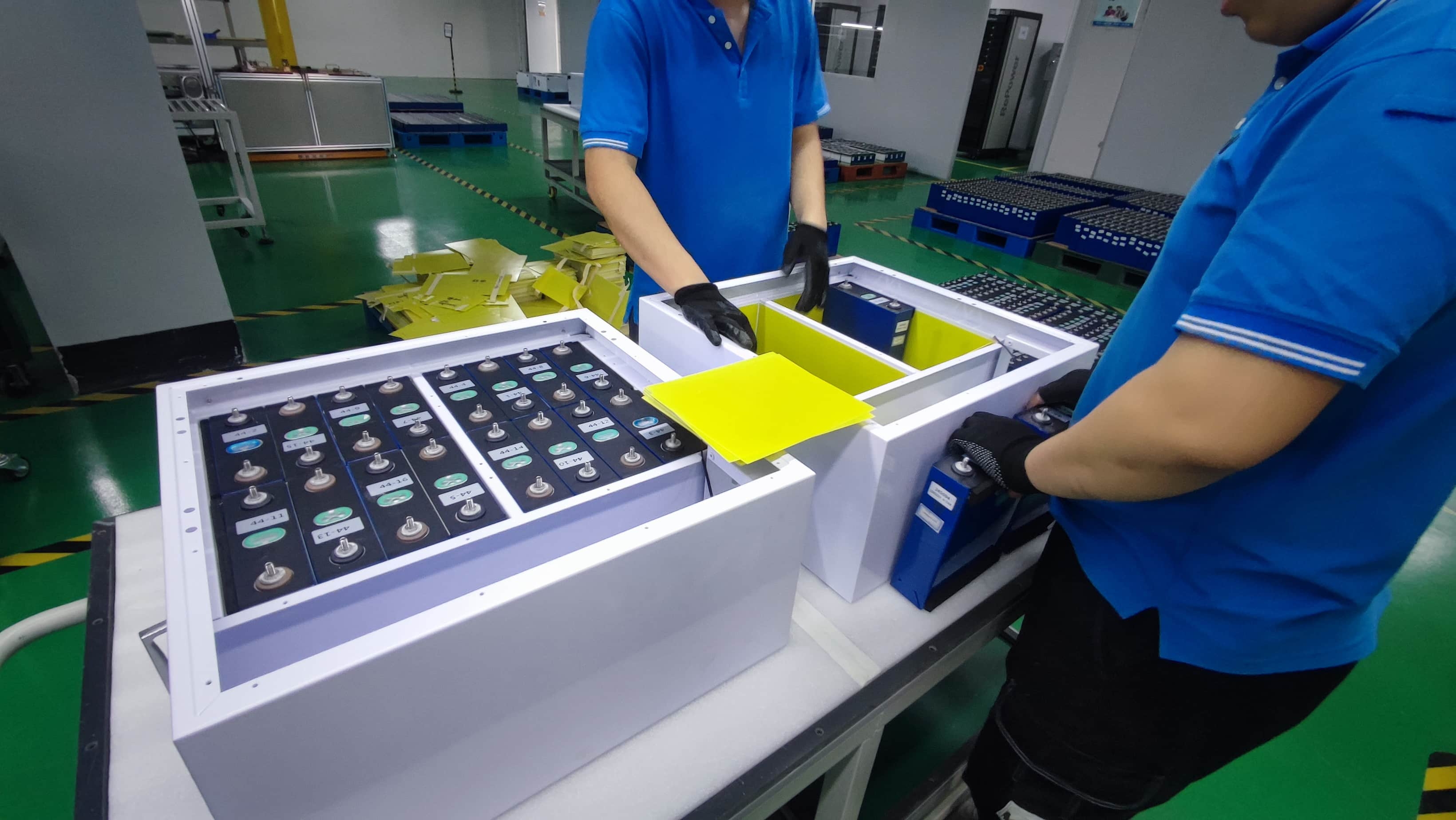
Now that we've discussed the cost considerations for replacing solar panel batteries, let's explore the pros and cons of DIY replacement.
DIY battery replacements can be a great option for those who desire more control over their home energy systems. As with any project involving electricity or wiring, it is important to understand safety precautions before attempting your own repair. If done properly, however, many people find this job straightforward and very rewarding. With the right tools and some basic knowledge, you can save time and money by doing your own maintenance on solar panels and batteries without having to hire a professional technician.
On the other hand, there are a few drawbacks associated with the DIY replacement of solar panel batteries. It may not always be cost-effective in comparison to hiring a qualified contractor due to buying expensive equipment or if repairs become too complicated. Additionally, if something goes wrong during installation then significant damage could occur which would require an experienced technician to fix it correctly; this could lead to further costs down the line.
It is important to weigh up all options carefully when deciding whether or not you should attempt DIY battery replacement on your own solar system. Doing research online as well as talking to professionals will help ensure you make an informed decision about what works best for your situation and budget.
Professional Battery Replacement Services
On average, solar panel batteries need to be replaced every 10-15 years. Professional battery replacement services provide a cost-effective solution for replacing and maintaining solar panel batteries over time. With the right service provider, homeowners can ensure their system remains operational without any interruptions due to failed or aging batteries. Here are some advantages of using professional battery replacement services:
- Cost Savings: Professional battery replacement services save money in the long run by providing quality parts at discounted prices compared to buying them from a retail store.
- Expertise & Knowledge: Battery replacement experts have extensive knowledge of all types of solar panels and will be able to repair or replace any malfunctioning part quickly and easily.
- Timely Replacement: Professionals understand that timely repairs and replacements are essential for keeping your system running smoothly so they will make sure the job is done efficiently and correctly.
- Quality Workmanship: Professional technicians guarantee their workmanship which ensures you won't have to worry about future problems with your solar panel batteries down the line.
- DIY Considerations: For those who may want to attempt a do-it-yourself (DIY) battery replacement project, professionals can provide advice on how best to go about such an endeavor as well as advice on cost considerations for doing so safely.
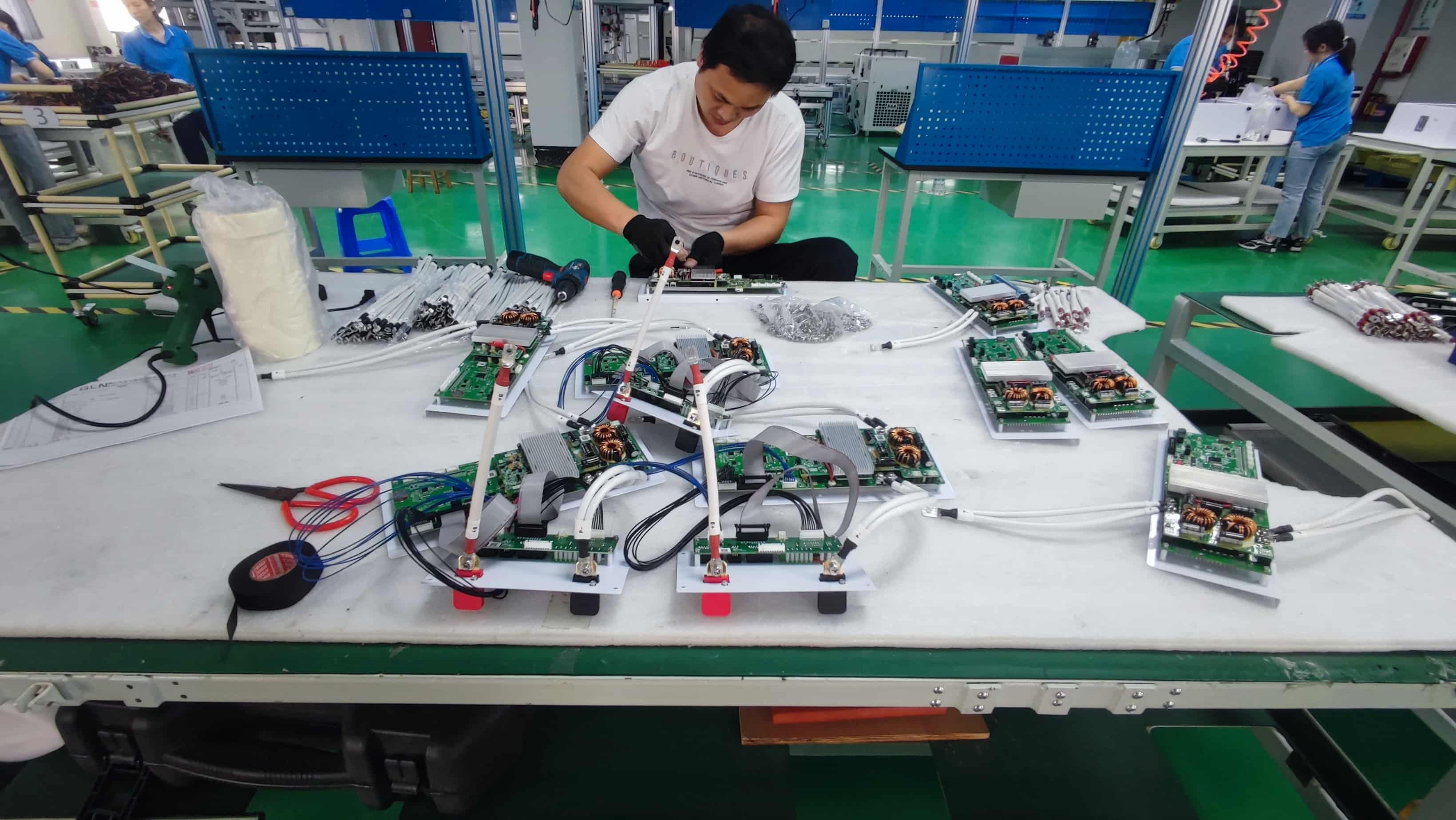
With these benefits in mind, it's easy to see why many households opt for professional battery replacement services instead of attempting a DIY approach when dealing with their solar panel systems. Not only does this ensure lasting performance but also peace of mind knowing that their investment is in good hands with qualified technicians taking care of it properly.
Environmental Impact Of Replacing Batteries
When considering the environmental impact of replacing solar panel batteries, there are a few important factors to consider. Firstly, it is crucial to understand how often these batteries need to be replaced. Generally speaking, the average lifespan of a solar panel battery can range anywhere from five to ten years depending on usage and maintenance levels.
Secondly, when disposing of old or damaged batteries, proper disposal methods must be followed in order to minimize any potential environmental damage. If possible, recycling should always be considered first as this reduces waste entering landfills and conserves resources that would have been used for new production. However, if such options are not available then other responsible disposal methods must be employed.
Finally, understanding the full cycle of what happens with your old solar panels and batteries - from purchase up until their eventual end-of-life - will help ensure you make informed decisions about their replacement that take into account both economic and environmental considerations. This will benefit both yourself and future generations by reducing our overall carbon footprint while still meeting energy needs efficiently and effectively.

Safety Precautions To Take During The Process
As the old adage goes, 'Safety first.' When replacing solar panel batteries, it is imperative that one takes certain precautions to ensure their own safety. Taking these necessary steps will help minimize any potential risks and make sure everyone involved in the process is safe.
To start off, always wear protective gear when handling a solar panel battery. This includes gloves, eye protection (goggles), and long-sleeved clothing to prevent cuts or burns from acid splashes. It's also important to be mindful of your surroundings; keep away from sources of heat and fire while disconnecting power from the batteries. Furthermore, if you are working with high-voltage systems like photovoltaic arrays, then turn them off before beginning the replacement procedure.
Finally, take extra care when handling the new battery as well as disposing of the old one properly according to local laws. Make sure you label all cables correctly during installation so you don't accidentally connect them backward this could cause serious damage! Always proceed cautiously and use common sense throughout your entire project for optimal safety measures.
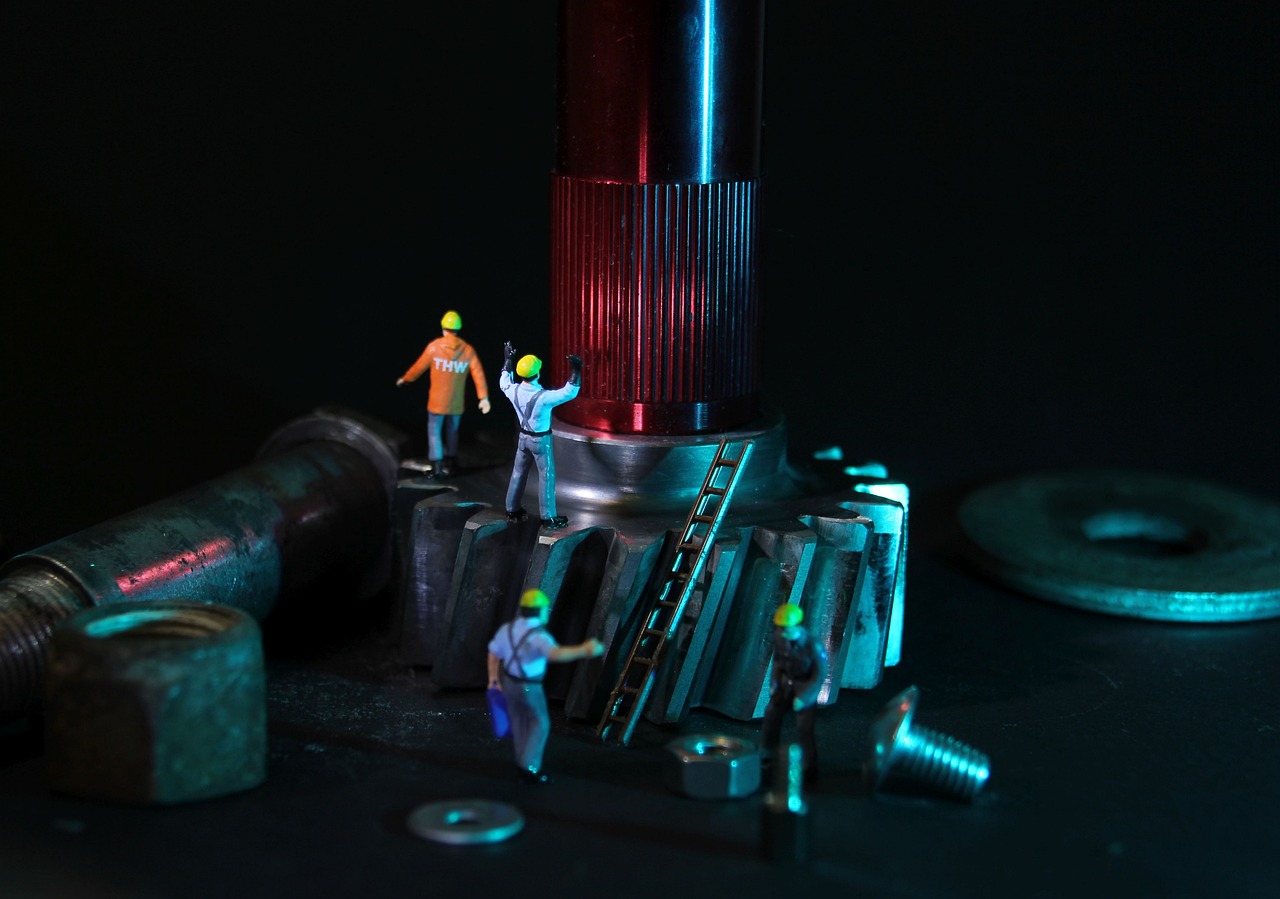
How To Dispose Or Recycle Old Batteries Properly
Solar panel batteries are an important part of the renewable energy industry and must be disposed or recycled properly in order to protect our environment. It is essential that you know how to safely dispose of or recycle your old solar battery when it needs replacing. In this section, we will provide you with some information about the disposal and recycling of solar battery cells.
The first step in disposing of or recycling your old solar battery is knowing where to take it. You can find a list of local recyclers on the EPA’s website that specialize in the safe disposal of solar batteries. Before taking your battery anywhere, make sure you call ahead and check their requirements as different states may have different regulations regarding hazardous materials such as lead acid batteries found in many types of solar panels.
| Option | Details |
|---|---|
| Dispose | Take the battery to a certified recycling facility near you |
| Recycle | Look up potential buyers online who purchase used batteries for repurposing purposes |
Additionally, there are various companies out there that offer services for collecting and safely disposing of lead-acid batteries from residential properties. If you choose this option, ensure that they follow all safety standards and proper disposal methods before sending them off to avoid any environmental damage.
Another way to dispose of or recycle your old solar panel battery is by selling them to other users or businesses who might need them for repurposing purposes. This method is becoming increasingly popular among people looking to get rid of their unwanted items without contributing more waste into landfills or damaging the environment further through improper disposal practices. Selling these batteries can also help offset the cost of purchasing new ones if needed so it's definitely worth considering!
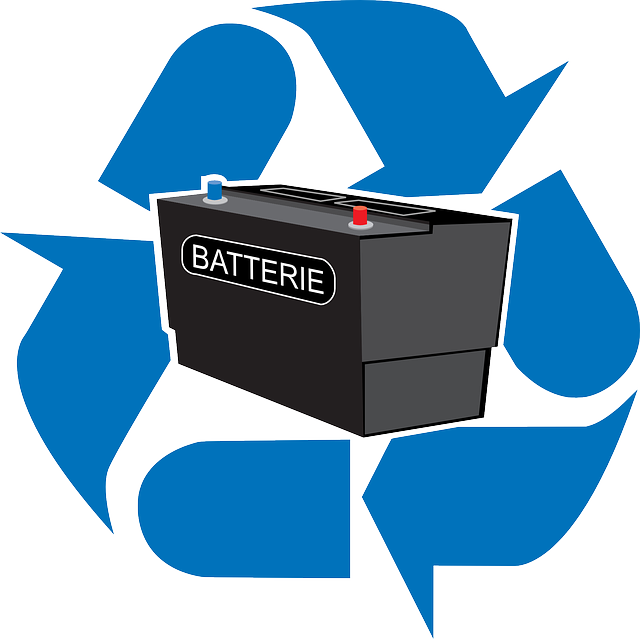
No matter which option you decide on, always remember that proper disposal and recycling techniques are key to maintaining healthy environments both globally and locally. Be sure to research thoroughly beforehand so you can do what’s best not only for yourself but also for the planet!
Alternatives To Solar Panel Batteries
When it comes to renewable energy sources, the sky is the limit. Solar power may be king when it comes to residential and commercial applications, but there are many alternatives that can provide an efficient energy source for your home or business. Wind turbines, hydroelectric systems, and geothermal energy sources can all play a part in providing clean and reliable electricity without needing battery replacements as often as solar panels do.
Wind power has been used for centuries to generate electricity from large wind-driven generators. The introduction of small-scale wind turbines over the past decade has made this technology more accessible than ever before. Now you have the ability to harness wind energy at any location with enough space for the installation of these powerful machines. With no batteries required, maintenance costs are kept low while still providing a steady stream of electricity through regular winds alone.

Hydroelectricity has long been one of the most reliable forms of renewable energy generation available. By utilizing moving water through turbines connected to electric generators, we can create consistent electrical output with minimal environmental impact due to its reliance on natural water cycles rather than burning fossil fuels. This makes hydroelectric systems ideal for remote locations where other solutions might not be feasible or cost-effective due to limited access or resources available.
Geothermal energy is another great option for those looking for sustainable means of generating electricity without having to worry about frequent battery replacement cycles. Geothermal plants use underground reservoirs heated by Earth’s internal heat sources such as magma chambers and hot rock formations deep within our planet’s crust. These reservoirs can then be tapped into via wells drilled directly into them, allowing us to capture their thermal energy which can then be converted into usable electricity with high-efficiency ratings compared to other traditional methods of generating power.
No matter what type of climate or environment you live in, there is sure to be a solution out there tailored specifically towards your needs when it comes to finding alternative ways of producing electricity sustainably and reliably - all without worrying about costly solar panel battery replacement strategies!
Warranties And Guarantees On Replacement Batteries
When it comes to solar-panel batteries, warranties and guarantees are key. Most replacement batteries come with a warranty of one year or more, depending on the manufacturer. A good quality battery should be able to provide reliable power for at least three years - any less than this and you may want to look into getting a new battery soon after purchase. Guarantees are also important; if the battery fails while under guarantee then the lithium battery supplier is obliged to replace it free of charge.
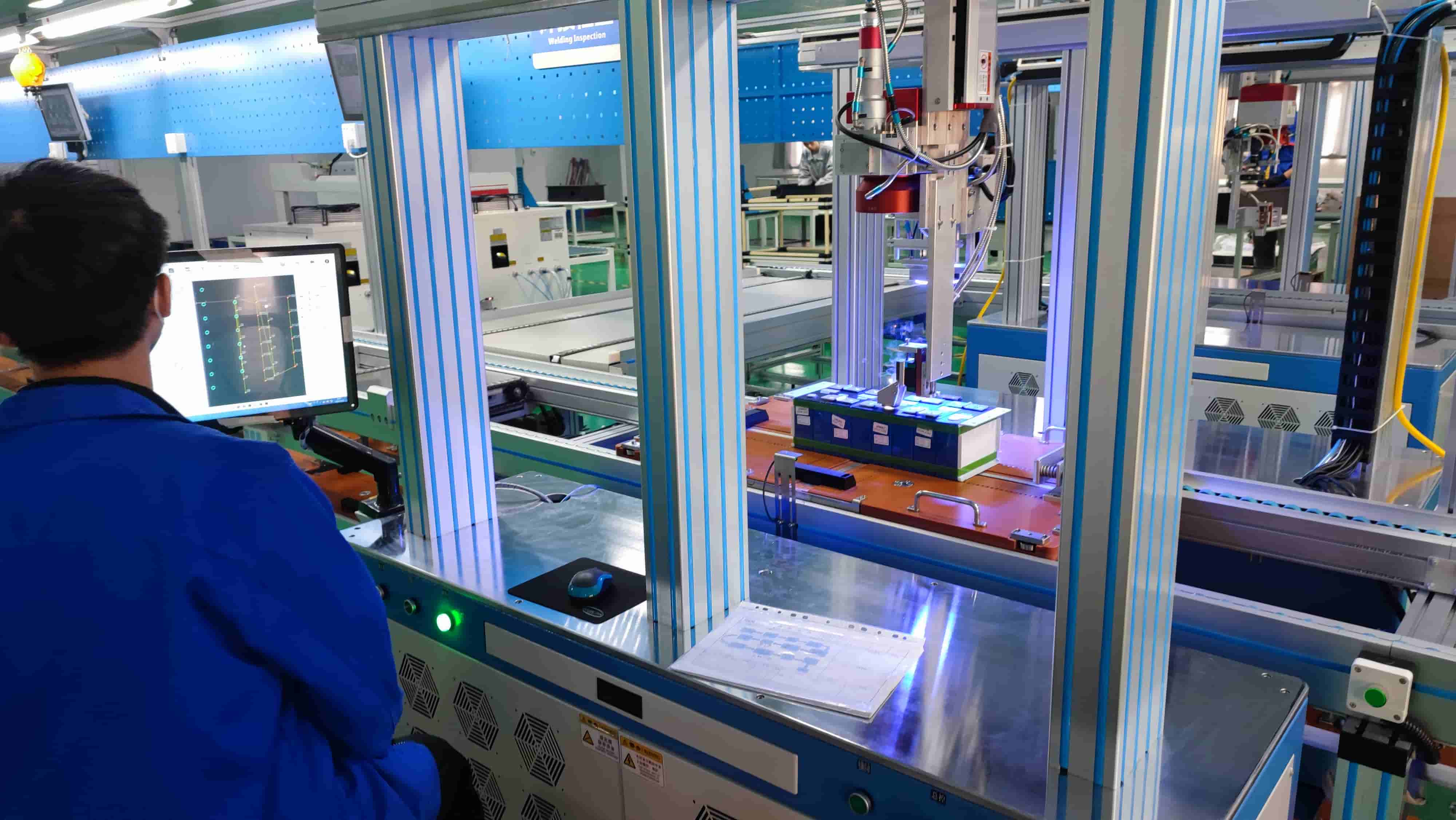
It's worth checking what kind of warranty your chosen company offers. Some companies only offer limited warranties, which might not cover all eventualities. Others offer comprehensive coverage that covers damages caused by wear and tear as well as manufacturer defects. If you're unsure about what type of warranty you need, make sure you ask questions before buying so that you can get an appropriate plan in place for when things do go wrong.
Finally, don't forget that even the best-made batteries won't last forever; eventually, they will begin to fail due to age or prolonged use. Regular maintenance and inspection of your system can help identify issues early on and allow for timely replacement when needed ultimately giving you peace of mind over the long run.
Faqs On Battery Replacement
When it comes to solar panel batteries, one of the most frequently asked questions is how often they need to be replaced. The answer depends on a variety of factors such as the battery type, usage, and maintenance habits. Generally speaking, lithium-ion batteries can last up to 10 years with proper care and maintenance while lead-acid ones will likely require replacement every 3-5 years.
It's important for home or business owners considering installing solar panels to research different types of batteries available in order to make an informed decision about which is best suited for their needs. Some may also wish to explore options like energy storage systems that allow them to store electricity generated from their solar panels instead of having to replace a battery. This could provide additional savings over time since no new battery will have to be purchased during the life of the system.
For those who opt for traditional batteries, regular inspections are essential for ensuring optimal performance and longevity. Checking electrolyte levels and performing routine cleaning can help prevent significant damage caused by sulfation build-up or corrosion due to exposure to moisture or other elements. Additionally, users should take measures such as avoiding deep discharges and checking charging conditions regularly in order to prolong the lifespan of their solar panel batteries.
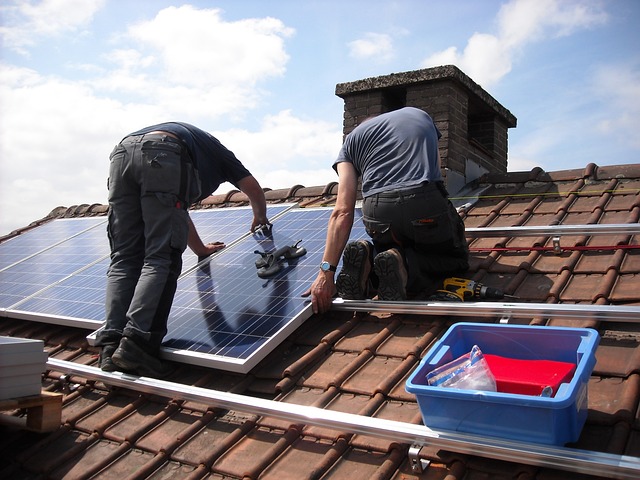
Conclusion
The sun is a powerful source of energy and solar panel batteries are integral to capturing that power. As an expert in the field, I can confidently say that with proper maintenance, these batteries should last for 10 years without needing replacement.
However, there are certain factors such as weather conditions or overuse which may result in wear and tear. It's important to keep an eye out for signs of damage so you know when it's time to replace them. If your batteries do need replacing, then make sure you dispose of them properly following all government regulations. Alternatively, if you don't want to go down the battery route at all, there are other options available too - solar panels can be connected directly into the grid or even used in tandem with backup generators.
Finally, always check what kind of warranty and guarantee come with any new replacements - this could save you a lot of hassle (and money) further down the line!
